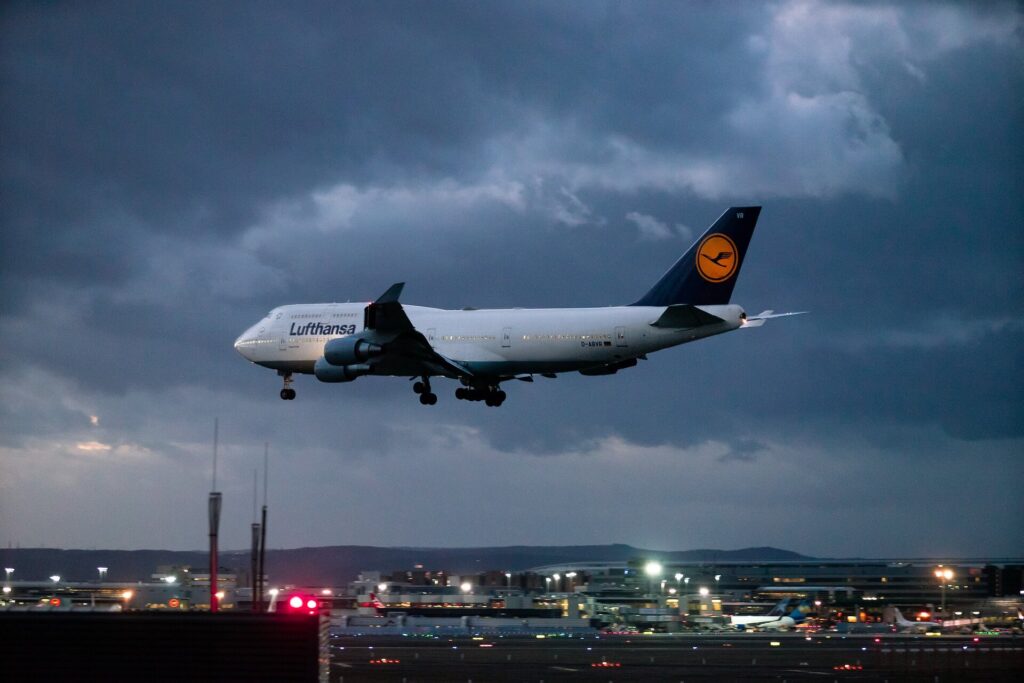As results from discussions concerning the 9 billion euro state-aided bailout are still to be confirmed, reports state that the German airline group is considering alternate routes involving self-administered insolvency as a way to provide protection and breathing room to maintain the airline’s competitiveness once the effects of the coronavirus on the aviation industry and the world are weathered.
With a revenue loss bordering 20 million euros a day on fixed expenses and fees from creditors, some may consider Lufthansa (LHAB) (LHA) pursuing bankruptcy routes ludicrous considering the proceeding bailout package and current financial state of the industry. Diving beneath the surface, Lufthansa (LHAB) (LHA) ’s reasoning is anchored by the obligations that may come with the state-aided capital injection which can include an increased political presence on the group’s board and privileges that can alter the airline’s stance and competitiveness in the industry.
According to a comment made to Die Zeit, Lufthansa CEO Carsten Spohr pointed out potential repercussions that form from an increased presence of governments in airlines. Now while governments do play their role in airlines, their increased presence may employ agendas and influence over an airline’s business model and in the case of Lufthansa (LHAB) (LHA) , this may open doors for governments of its subsidiaries to follow suit. This includes flag carriers from Austria, Belgium and Switzerland. “Lufthansa (LHAB) (LHA) has recorded the three best years in its corporate history. If it is to maintain this success in the future, it must remain with the ability to shape its way forward entrepreneurially,” commented Sphor.
Additional information states that the German Press Agency does not expect negotiations to conclude this week, considering the size of the airline and the utilization of injected capital which would be twice the market capitalization of the company.
However, the route to insolvency is not completely out of question. While it is rather uncommon for European flag carriers to enter bankruptcy proceedings, neighbouring airline Condor underwent the same procedure last year when parent company Thomas Cook ceased operations. If negotiations deter or proceed to entail parameters that could hinder the airline’s strategic decisions in the future, insolvency may potentially provide much-needed breathing room to undergo restructuring while having a protective shield from its creditors and still maintain a competitive edge against LCCs like Ryanair in Europe and against international carriers that won’t be as indebted once the pandemic recedes.
